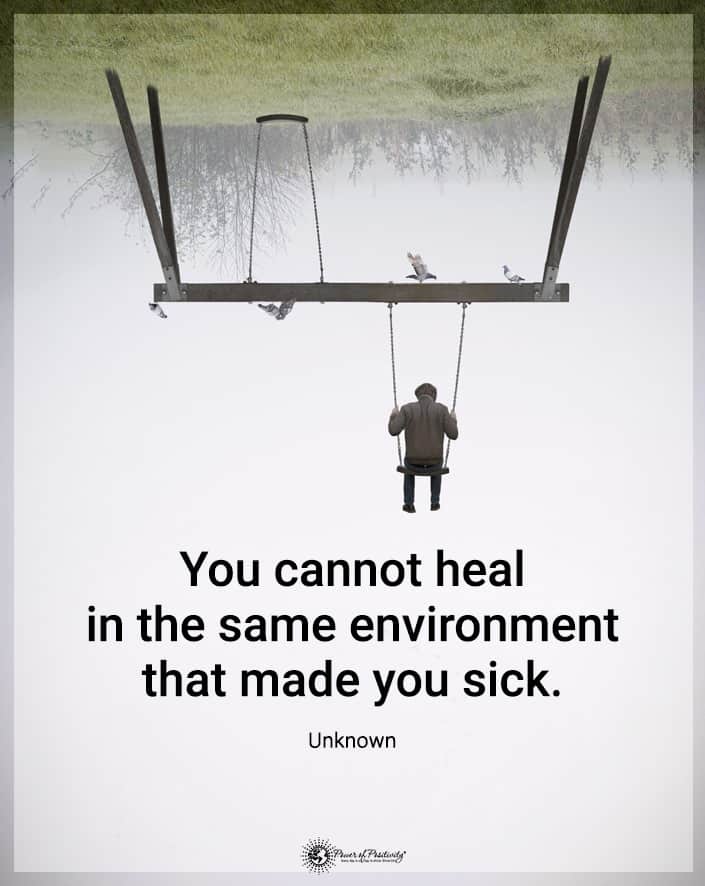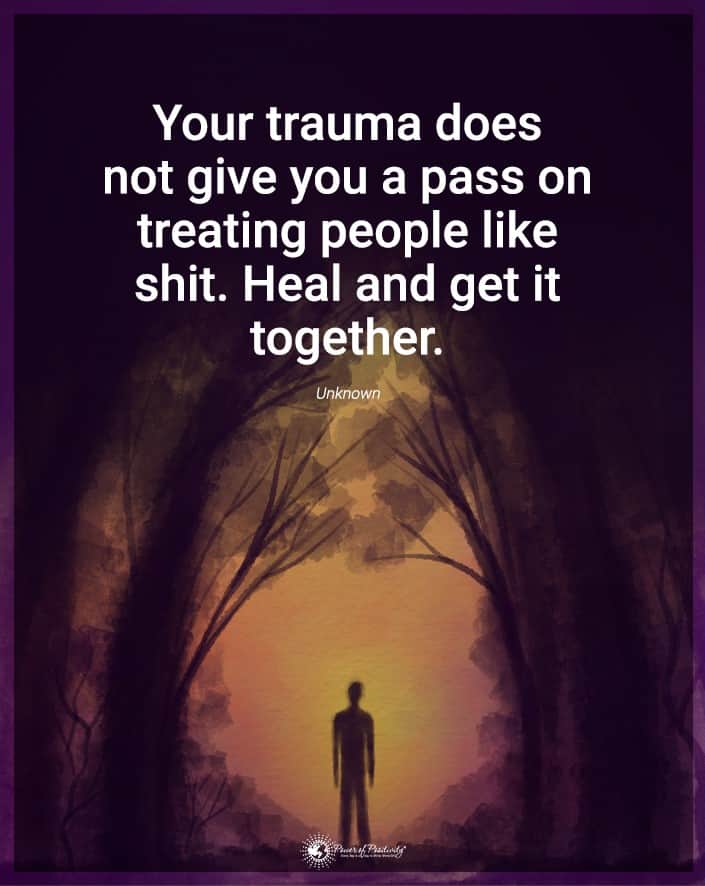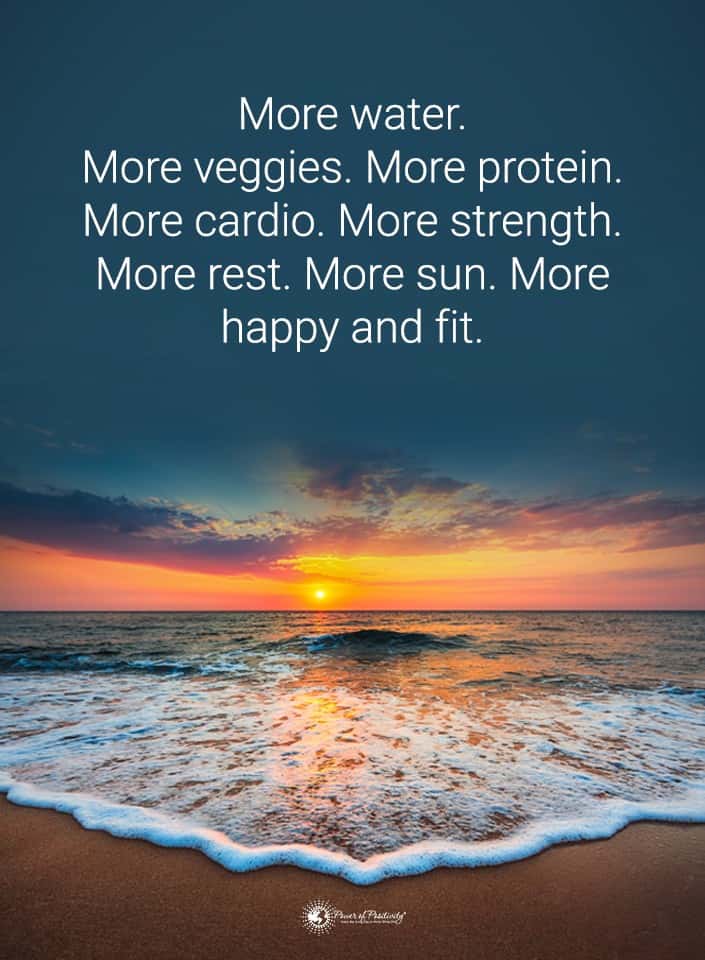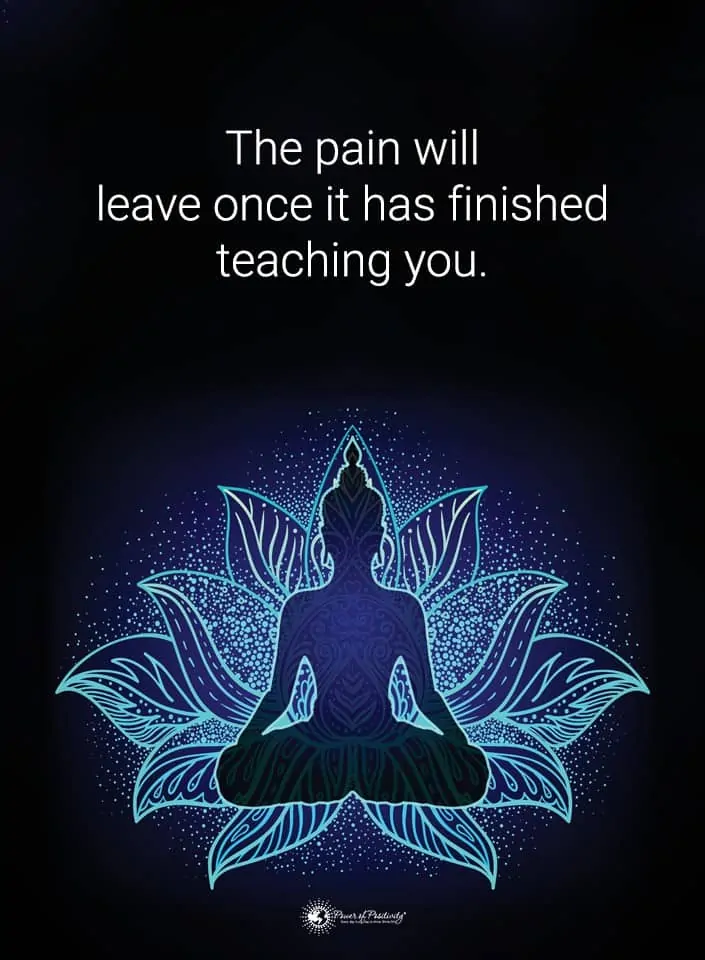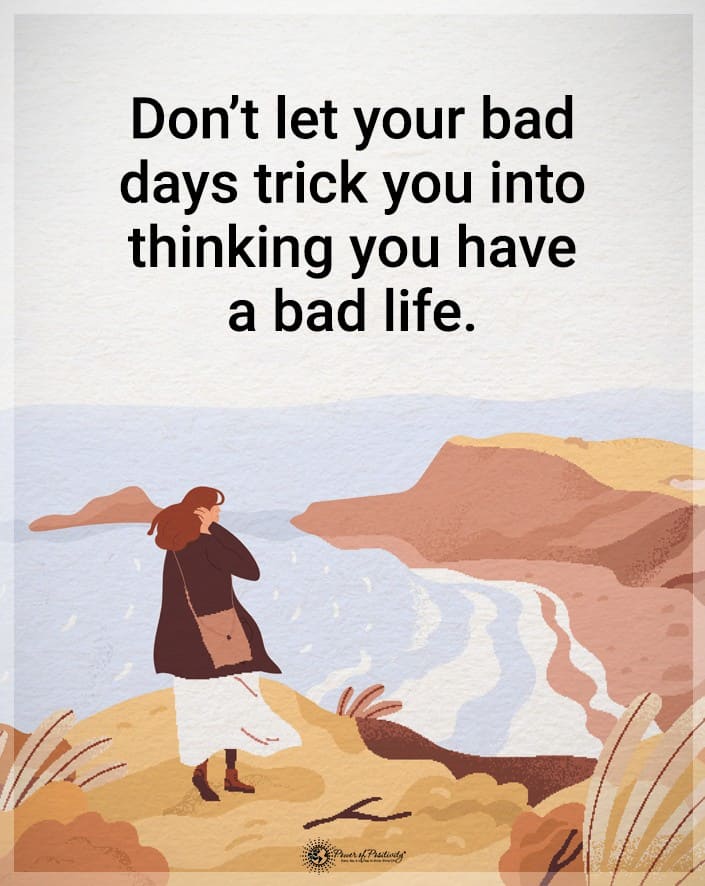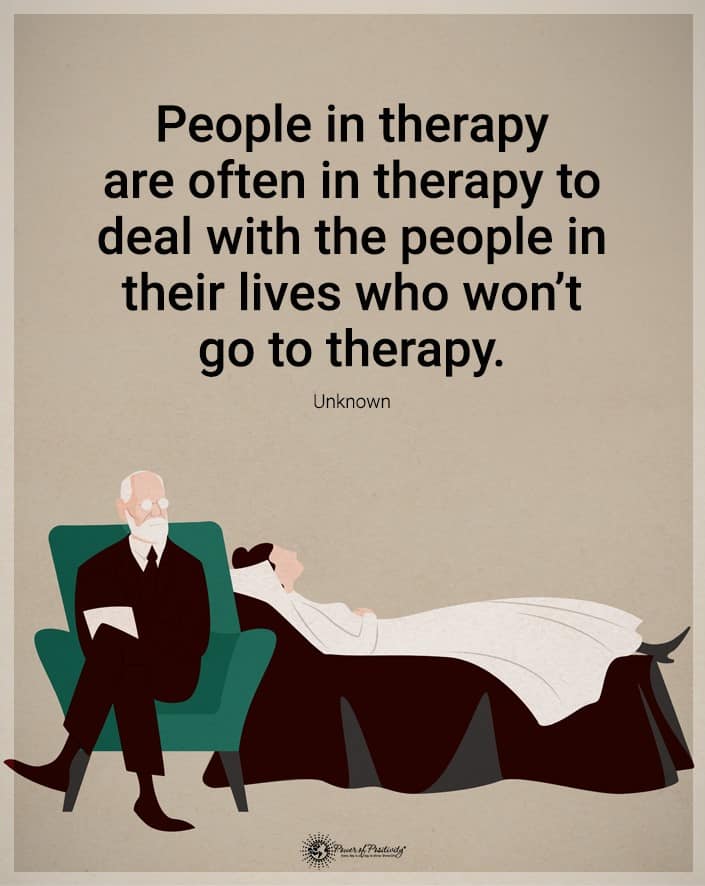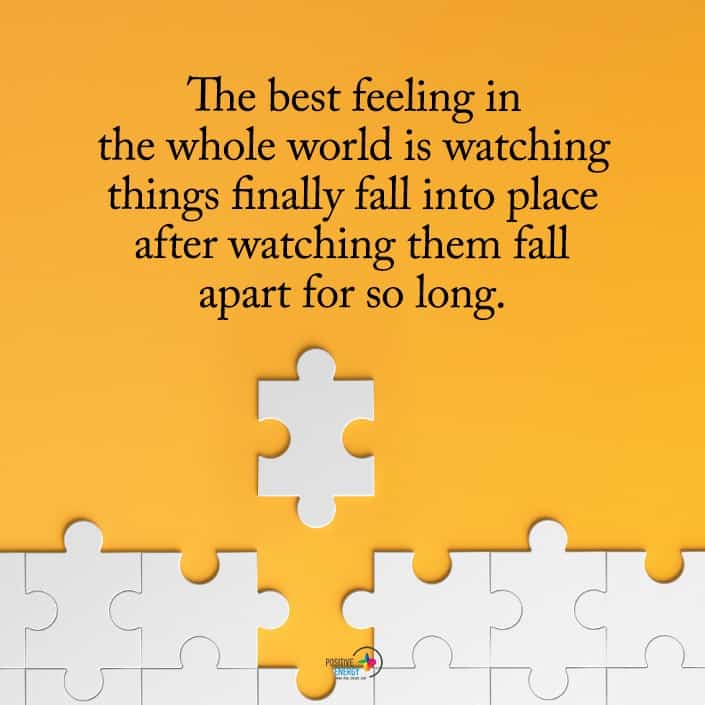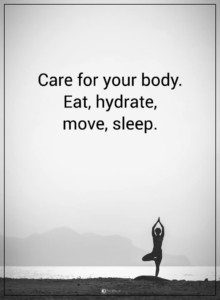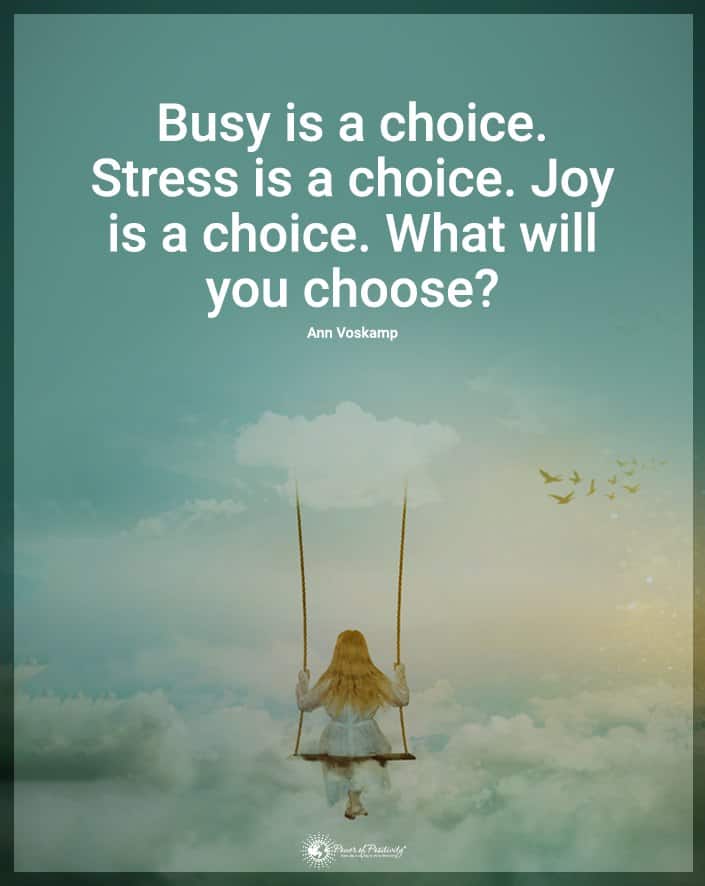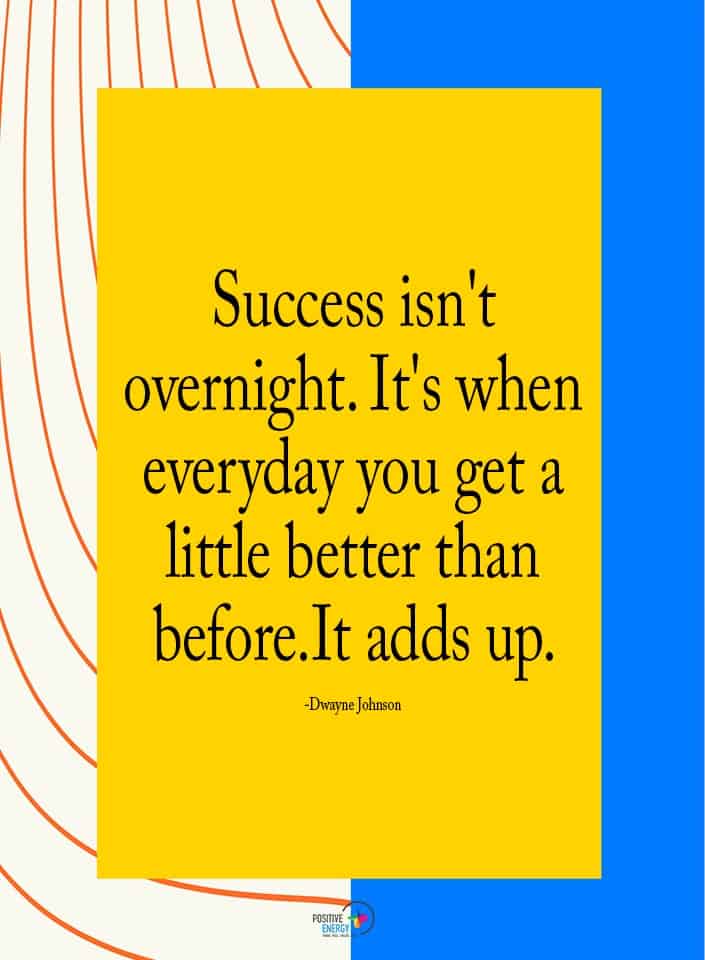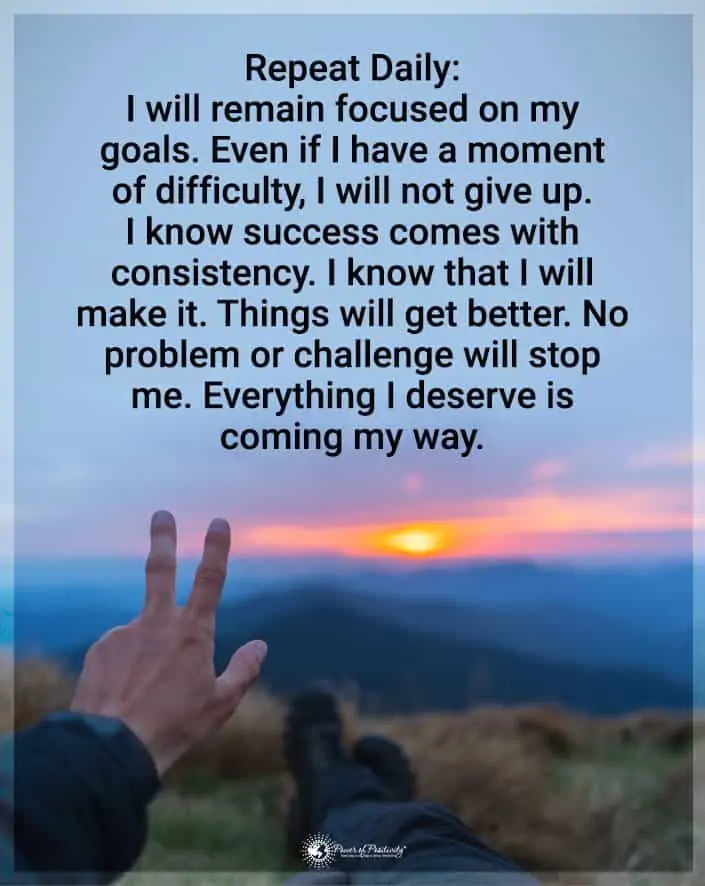Happiness – does it come from the memories you make or the possessions you accumulate? While many people already know the answer to this, a surprising number still run out to buy the latest and greatest gadgets and clothing. They hope these purchases will make them happy.
Study Proves Experiences, Not Things, Bring Satisfaction to People
Economists believe that people spend their disposable income on things rather than experiences because they view the objects as having a higher perceived value since they will last longer. Logically, this makes sense – an experience lasts a relatively short amount of time compared to the object, so of course, most people would instead put their hard-earned dollars into something that will give them value for a more extended period.
However, a new study published in the Journal of Positive Psychology finally proves that experiences make people happy rather than things, which throws all of that flawed logic out the window. While we might perceive the material object as having more value since it’s tangible and usable, we will inevitably adapt to the possession over time. Therefore, its value decreases.
On the other hand, we might not immediately recognize the value of an experience we have. But upon looking back on it and reminiscing over the memories we made, it becomes a part of us. We can relate more to others who have similar experiences than a similar car or flatscreen TV.
 In the study referenced above, San Francisco State Associate Professor of Psychology Ryan Howell surveyed people before and after purchasing. He came to this conclusion:
In the study referenced above, San Francisco State Associate Professor of Psychology Ryan Howell surveyed people before and after purchasing. He came to this conclusion:
“Prior to the purchase, respondents said they believed a life experience would make them happier but a material item would be a better use of their money. After the purchase, however, respondents reported that life experiences not only made them happier but were also the better value.”
When you think about the conversations you have with people, what do you remember bonding over? The new iPhone you just bought or the trips you have been on in your lives built your character and changed your whole outlook on life?
Dr. Thomas Gilovich, a psychology professor at Cornell University, explains why we feel happy about having experiences rather than purchasing more things we don’t need:
“Our experiences are a bigger part of ourselves than our material goods.You can really like your material stuff. You can even think that part of your identity is connected to those things, but nonetheless they remain separate from you. In contrast, your experiences really are part of you. We are the sum total of our experiences.”
At the end of our lives, we won’t look back on how many cars or homes we purchased, how much money we had left in our bank, or what size TV we had. Instead, we will think back on the people who touched our hearts, who we got to share invaluable experiences with that changed us forever, and the beautiful places on this Earth we got to explore with them.
It might seem tempting to compare yourself to others who seem to have more material items than you and feel jealous of them. But remember that you don’t own the stuff. In fact, it ends up owning you. Furthermore, any big-ticket item you buy means lots of debt you’ll have to pay back, which equates to added stress and strained finances. Finally, of course, an experience can cost a lot if you choose, but at least you will have made memories and possibly new friends in the process.
 Final Thoughts on Being Happy With Fewer Things
Final Thoughts on Being Happy With Fewer Things
In short, material objects build our egos, but experiences develop our character. So which one sounds more critical and more likely to make you happy?
The next time you get paid, consciously think about where you’d like your money to go before you blow it all on a big-ticket item that will sit in your house and lose value. Instead, an experience will sit in your heart for years to come, making you feel more connected to yourself and others. Most importantly, you will feel happy. We all deserve happiness, and now that we can prove where it comes from, hopefully, more people will rush out to buy a skydiving session or excursions in foreign countries or an art class they’ve always wanted to take.
Remember, you don’t get to go back in time and redo the choices you made. So commit to living in the present and doing things that genuinely make you happy.

